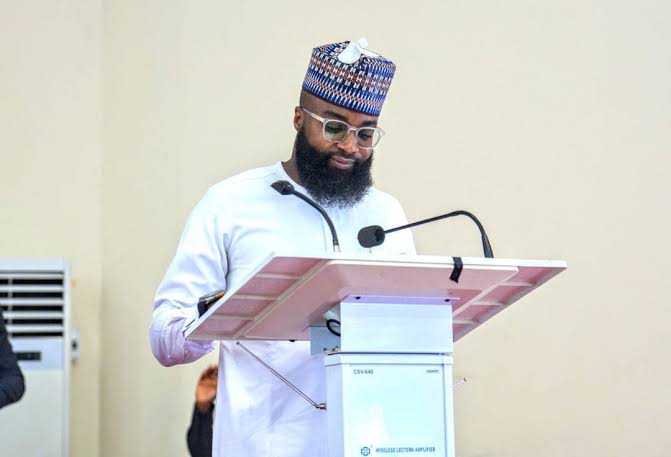The National Agency for Science and Engineering Infrastructure (NASENI) has announced plans to begin construction of factories that will produce renewable energy solutions, including solar panels, batteries, and electric vehicles (EVs). This groundbreaking initiative is designed to position Nigeria as a key player in clean energy manufacturing while creating jobs and supporting technology transfer.
The Executive Vice Chairman of NASENI, Khalil Suleiman Halilu, made the announcement during a joint press conference with the Abuja Technology Village (ATV) on Tuesday in Abuja. He stated that actual construction work would commence next week. He also expressed confidence that significant progress will be made within the next six months.
“We are going to start work by next week,” Halilu said, “and in half a year, we’ll come back to see how far the work has gone. Our intention is not just to break ground, but to deliver results that matter.”
NASENI’s partnership with ATV is strategic. The location is a designated Special Economic Zone that encourages innovation, industrialization, and technological development. By choosing ATV as the construction site, NASENI is leveraging a supportive environment tailored for high-impact projects.
This move aligns with NASENI’s mission to drive homegrown industrialization and reduce dependence on imported energy solutions. The planned factories will focus on producing key components needed for renewable energy deployment. These include lithium-ion batteries for energy storage, solar panels for electricity generation, and parts for electric vehicles.
Halilu emphasized that this project represents a shift from long planning cycles to immediate action. He noted that under the current leadership, NASENI has embraced efficiency and urgency to ensure visible results within a short timeframe. This approach, he said, will demonstrate the agency’s capacity to deliver practical solutions to Nigeria’s pressing energy and technology challenges.
By manufacturing these components locally, NASENI aims to boost energy access, lower import costs, and stimulate industrial growth. The factories are expected to create thousands of direct and indirect jobs, promote skills development, and drive innovation across multiple sectors.
In addition to infrastructure development, the initiative will contribute to Nigeria’s commitment to reducing carbon emissions and adopting cleaner energy alternatives. It marks a decisive step toward strengthening the country’s energy independence and reducing the burden on the national grid.
Halilu’s leadership has drawn attention for its focus on action-oriented reforms. His determination to deliver results quickly has resonated with stakeholders across the public and private sectors. The upcoming construction of the renewable energy factories is being seen as a practical manifestation of NASENI’s renewed vision and national relevance.
As construction begins next week, many observers will be watching closely. The success of this project could serve as a blueprint for similar initiatives across the country. It could also signal a turning point in how Nigeria develops and applies science and engineering solutions to meet urgent development needs.
With NASENI leading the charge, Nigeria’s renewable energy and electric vehicle sectors are poised for a new era of local production, innovation, and sustainable growth.






